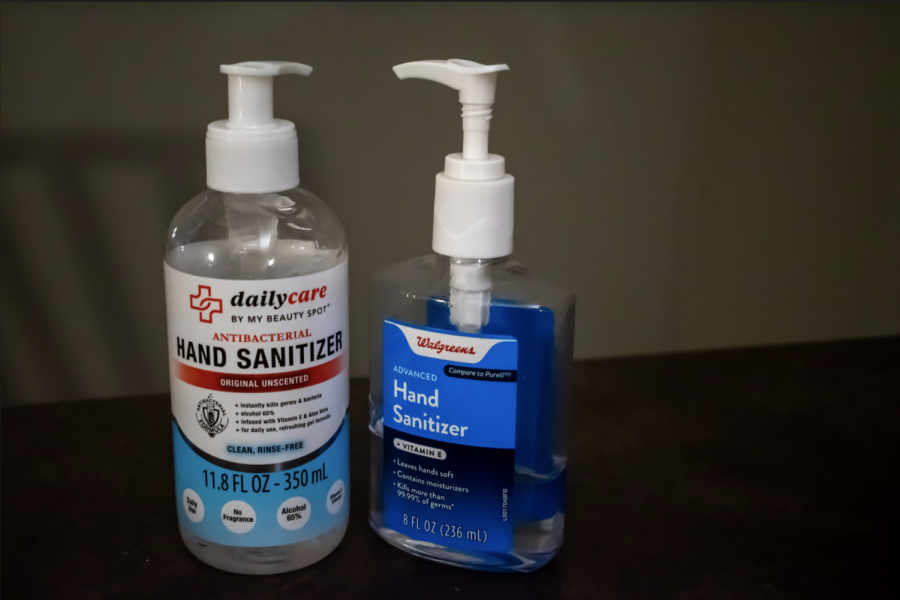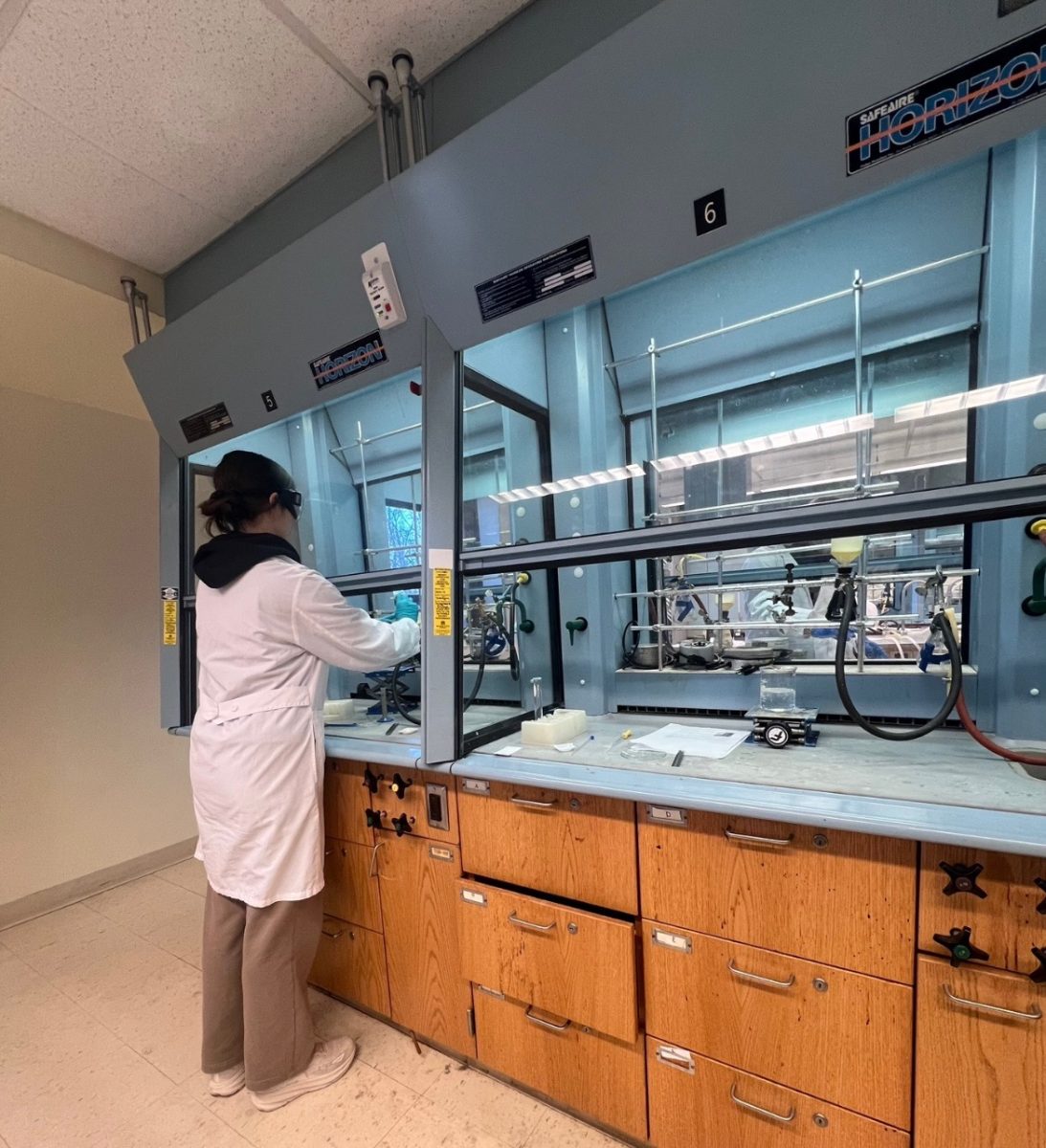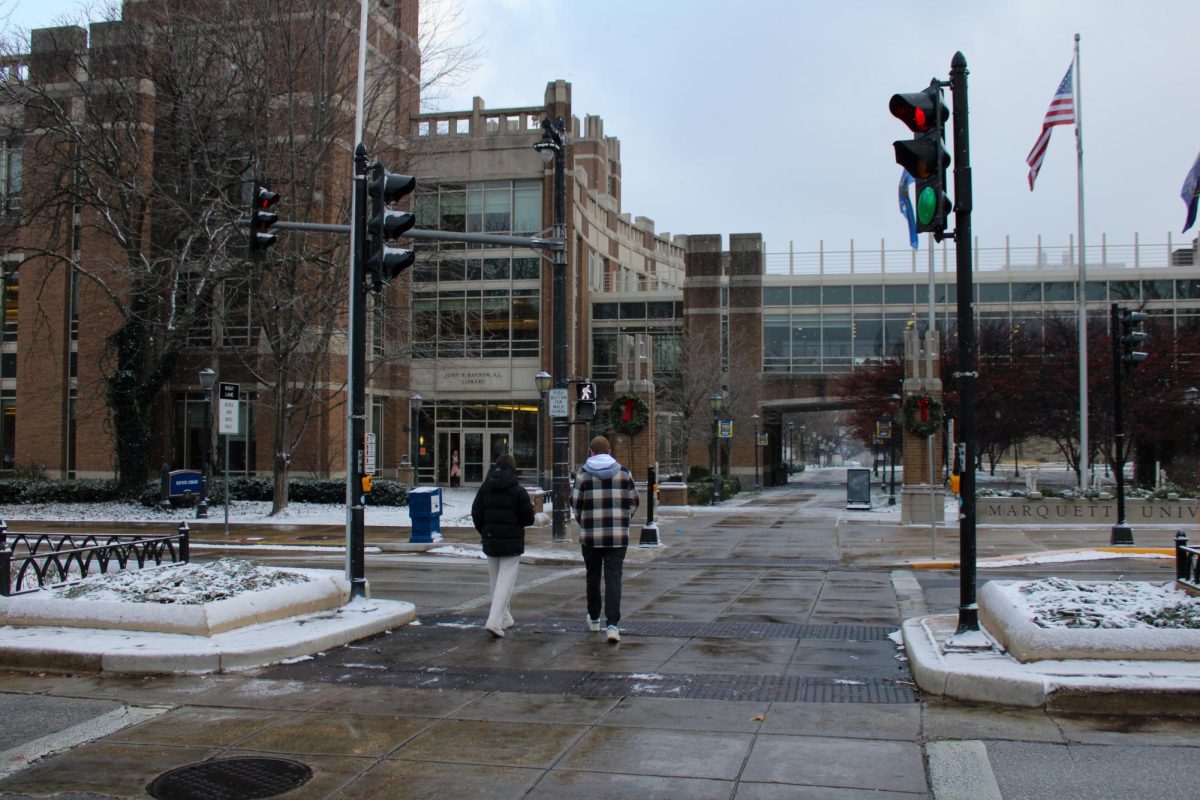Upon returning to the Marquette campus for the fall 2020 semester, the university had put plans in place that made the fall semester noticeably different from previous years. One change was the absence of the mandatory Red Watch Band training.
According to Student Wellness at Marquette, Red Watch Band “is a bystander program that teaches students about the signs and symptoms of intoxication and how to approach the issue and seek help.”
The program initially started in 2015 after a $10,000 grant was offered to support alcohol prevention work. In previous years the training consisted of three parts: bystander theory, alcohol 101 and how to intervene. The training is usually an hour long and students receive a red wristband and a t-shirt after completion of the training.
But with COVID-19 came a change in the training program for the year. Sara Smith, the director of alcohol and education programs, explained how the pandemic delayed the training for first-years and sophomores at Marquette.
“Due to the social distancing and capacity limits due to COVID-19 we tabled Red Watch Band training and Bringing in the Bystander training to second semester,” Smith said. “However, due to current conditions, we have decided to move the training to a virtual format, and both Red Watch Band training and Bringing in the Bystander training will be offered virtually during the month of February 2021.”
Smith also said that Red Watch Band’s wellness and prevention peer educators will be leading the virtual training.
Smith has been at Marquette since 2011 and moved into her current role in 2015. She said she is proud of what the program has been able to teach, which includes the prevention of sexual violence and even has taught students about preventing acts of racism.
The program has shown to be very impactful for first-year students at Marquette. Katie Clancy, Senior in the College of Arts & Sciences, a wellness and prevention educator on campus, told a story about how her training with the Red Watch Band program helped save an intoxicated peer.
“I called MUPD and the appropriate authority figures in the building and saved her life in the process,” Clancy said. “It was necessary for me to go through this training my first year to identify when there is a life-or-death situation.”
With the practice of social distancing, she said it makes it difficult for students to get the full experience of alcohol and violence training. But Clancy said she hopes that despite this pause within the program’s plans, students are making the right decisions.
“I understand that it is hard to limit social interactions, but I am hopeful that the sooner we can come together to stay apart, the sooner we can be together again,” Clancy said.
But despite the surging COVID-19 cases, Andrew Workman, a graduate assistant for the Student Wellness Center, said he is still happy about what the students on the Marquette campus have been able to do during these challenging times.
“I am proud of them. The way that they have come together to show that they care about the Marquette community and student body during these changing and unforeseen times has been amazing to see,” Workman said.
Workman still encouraged students to continue safe practices as the spring semester beings.
This story was written by Rashad Alexander. He can be reached at rashad.alexander@marquette.edu







